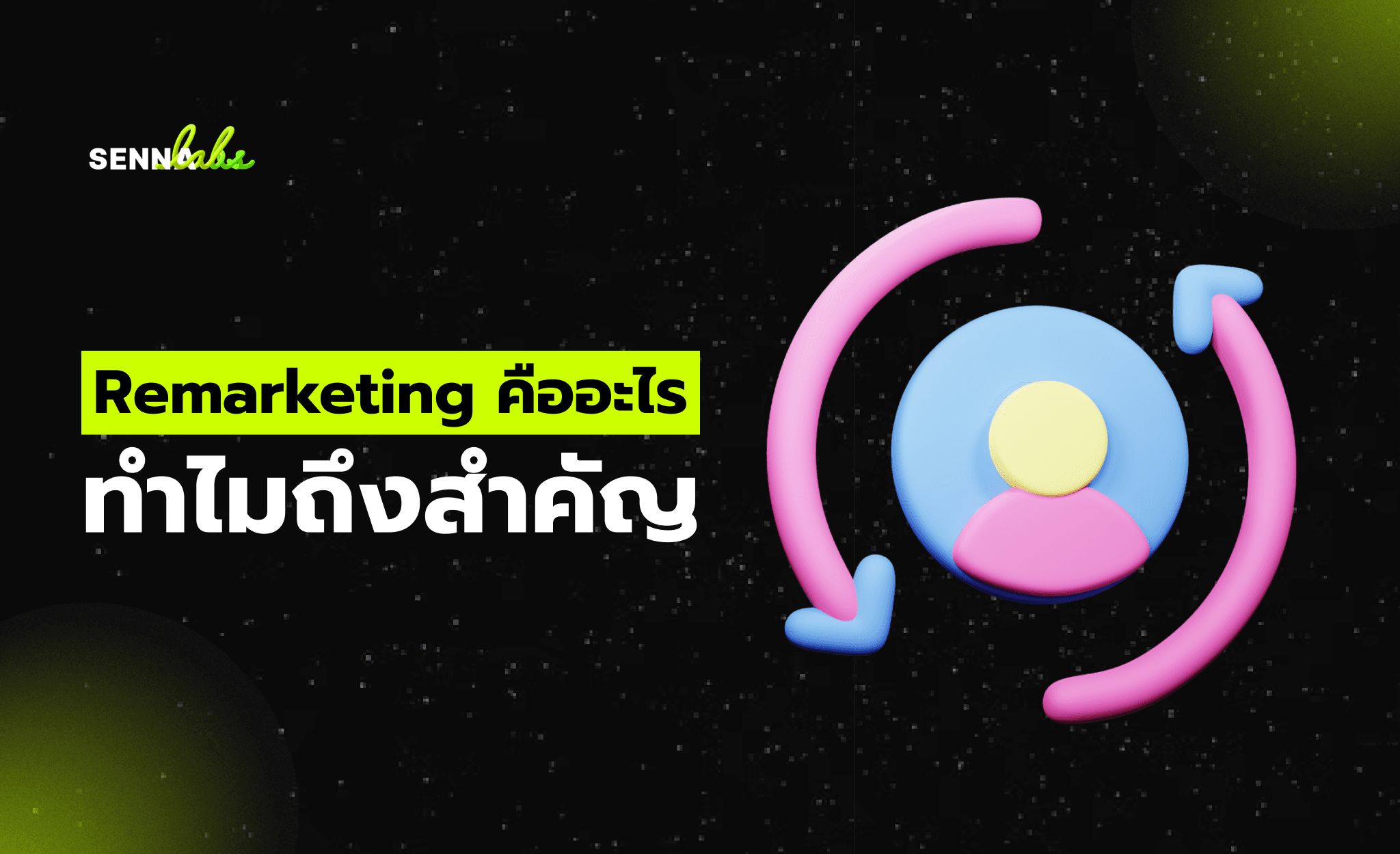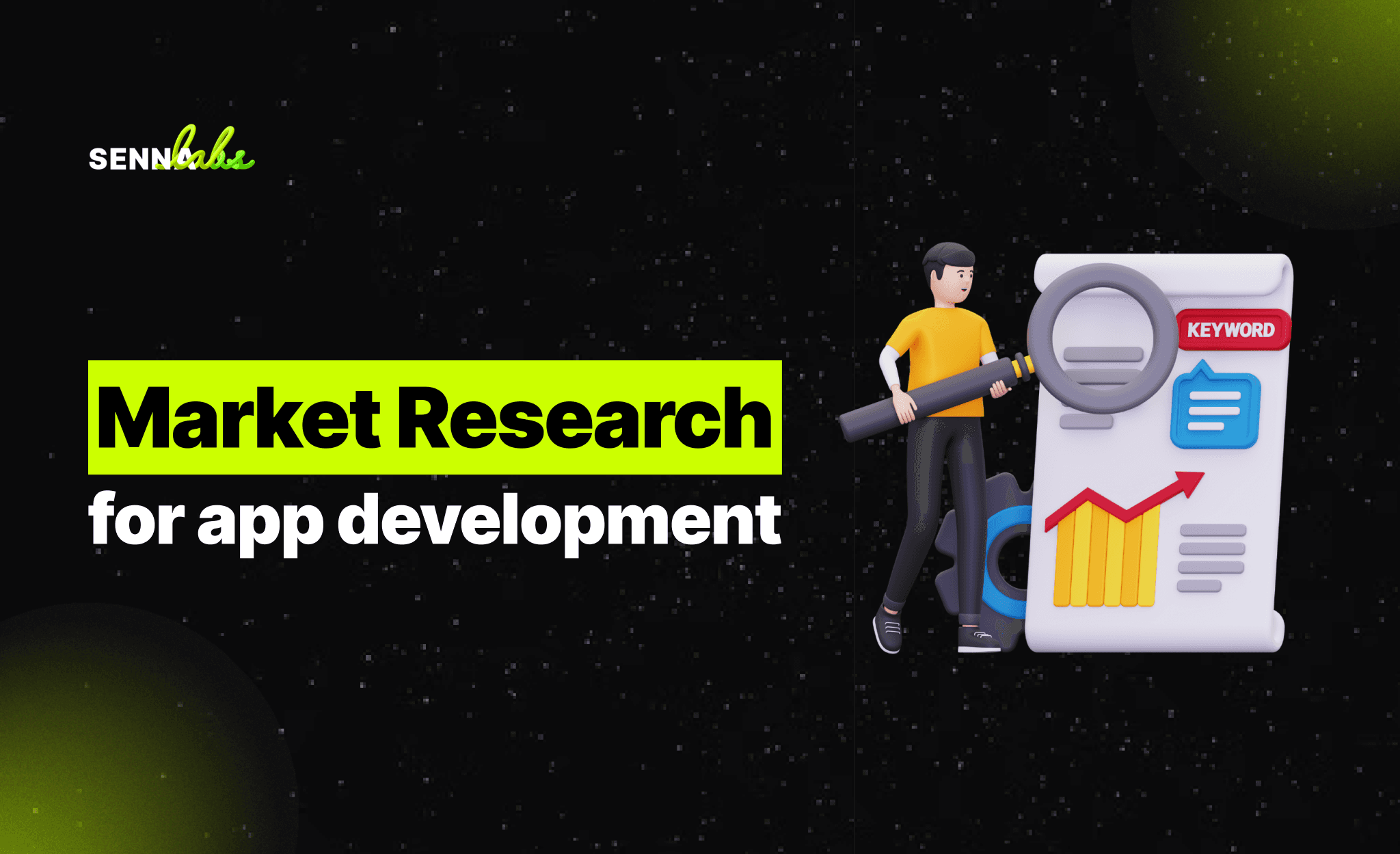Why Clean URLs Matter—And How AI Makes Them SEO-Friendly
Share

In the world of SEO, every detail matters—and URLs are no exception. Often overlooked, the structure of your website’s URLs plays a significant role in how both users and search engines understand and interact with your content. Clean, keyword-rich URLs not only enhance user trust and navigation but also contribute to better rankings in search engine results.
As websites grow and evolve, URLs can become cluttered with dynamic parameters, IDs, or unreadable slugs. This is where artificial intelligence (AI) steps in—not just to clean things up, but to optimize them for SEO in ways that were once labor-intensive or technically challenging.

What Is a Clean URL?
A clean URL is one that is:
-
Short and descriptive
-
Human-readable
-
Free of unnecessary characters or session IDs
-
Structured with relevant keywords
For example:
-
✅ Clean: www.example.com/summer-dresses
-
❌ Not clean: www.example.com/index.php?id=8437&cat=42
Clean URLs are easier to remember, more clickable when shared, and more understandable to both users and search engines. They improve the user experience and make content more accessible across different platforms.
Why Clean URLs Improve SEO
1. Enhanced Crawlability
Search engines use crawlers to explore and index websites. A clean URL makes it easier for these crawlers to understand the topic and relevance of a page. When a URL includes meaningful keywords—such as /how-to-bake-bread—it immediately communicates the page’s intent, aiding in faster and more accurate indexing.
2. Improved Click-Through Rates (CTR)
URLs appear in search engine results and social previews. A URL like www.shop.com/red-running-shoes looks far more trustworthy and enticing to click than www.shop.com/prod.php?id=38482. Clean URLs give users confidence in what they’re about to visit, increasing the chances they’ll click.
3. Better Keyword Relevance
Google and other search engines treat URL text as a signal of what the page is about. Including relevant keywords in a clean, natural way can support rankings for those terms.
4. Reduced Bounce Rate
When users land on a page with a readable, logical URL, they’re more likely to trust the content and stay longer. This indirectly improves engagement metrics that search engines use as ranking signals.
The Challenge: Legacy URLs and CMS Limitations
Many businesses—especially those running large e-commerce platforms, forums, or content-heavy sites—struggle with messy, auto-generated URLs. These are often created by content management systems (CMSs) or developers for functional convenience but at the cost of clarity and SEO.
Updating these links manually can be risky and time-consuming. Changing a URL structure without proper redirection can break backlinks, cause 404 errors, and disrupt user experience. That’s why most site owners avoid it—despite knowing the benefits.
How AI Helps Optimize URL Structure
AI and machine learning have changed how businesses approach URL optimization. Instead of relying on manual rewriting or basic rule-based scripts, AI tools can intelligently analyze website structure, keyword relevance, and traffic patterns to suggest clean, SEO-friendly alternatives.
Here’s how AI contributes:
1. URL Pattern Recognition
AI can scan thousands of URLs and detect patterns that need cleaning. For example, it might identify that all product pages follow a format like /prod.php?id=XXXX and suggest a cleaner version based on product titles.
2. Keyword Optimization
AI models trained on SEO best practices can suggest keywords to include in URLs based on what drives traffic. They consider relevance, search volume, and competition.
3. Automatic Redirect Mapping
One of the biggest risks in updating URLs is breaking existing links. AI tools can automatically generate 301 redirect maps from old URLs to new ones, preserving link equity and minimizing disruption.
4. Real-Time Testing
Some AI systems can A/B test different URL structures and monitor which formats lead to better click-through rates and lower bounce rates—helping fine-tune future strategies.
5. CMS Integration
Modern AI-powered plugins or APIs can integrate directly with CMS platforms (like WordPress, Shopify, or Magento) to generate clean slugs automatically when new content is created.
Real Case: 40% Boost in Google Traffic
Consider the example of a large e-commerce retailer that had thousands of product URLs like /product.php?itemid=88923. These URLs were unreadable to users and difficult for search engines to understand. After implementing an AI-driven URL optimization solution, they transitioned to clean, keyword-based URLs like /running-shoes/nike-air-zoom.
The result? Within four months, the company saw a 40% increase in organic traffic from Google, primarily driven by improved indexing, higher CTR in search results, and better user retention. Product pages started ranking for more relevant search queries, and internal linking became more effective due to standardized URL formats.
Best Practices When Using AI for URL Optimization
-
Use AI suggestions as a starting point, but always review for branding and tone.
-
Implement 301 redirects for every changed URL to avoid SEO losses.
-
Avoid unnecessary changes to URLs that already perform well unless improvements are clear.
-
Keep URLs lowercase, hyphen-separated, and free of stopwords (like “the”, “and”).
-
Structure URLs hierarchically to reflect content (e.g., /blog/seo-tips vs. /seo-tips).
Final Thoughts
Clean URLs are more than just a cosmetic fix—they're a powerful, often underutilized SEO tool. In a digital landscape where first impressions and search engine signals matter more than ever, having readable, keyword-rich URLs can set your website apart.
Thanks to AI, what once took hours of manual work and development coordination can now be automated and optimized in a fraction of the time. Whether you're building a new site or refining an existing one, leveraging AI for URL hygiene can deliver quick wins and long-term SEO gains—without compromising your site's structure or content integrity.
If your URLs are a tangled mess, it’s time to let AI clean them up—and let Google (and your visitors) find exactly what they’re looking for.

Share

Keep me postedto follow product news, latest in technology, solutions, and updates
Related articles
Explore all


